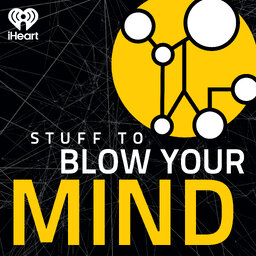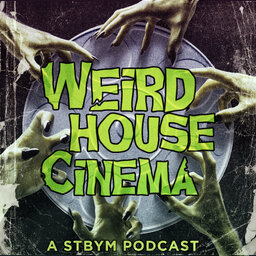Smart Talks with IBM: Clicks, Not Code: Transforming Digital Experiences with Salesforce
The Salesforce platform can empower businesspeople to create digital solutions without writing code. In this episode of Smart Talks with IBM, Malcolm Gladwell takes on this topic with Jacob Goldstein, host of What’s Your Problem?, and guest Phil Weinmeister, Head of Product, Salesforce Americas, at IBM. They discuss human-centric design, the low-code/no-code approach, and how IBM Consulting powers digital transformations with the Salesforce platform.
This is a paid advertisement from IBM.
In 1 playlist(s)
Stuff To Blow Your Mind
Deep in the back of your mind, you’ve always had the feeling that there’s something strange about re…Social links
Follow podcast
Recent clips

Crab Bag, Part 3: The Crab is a Lonely Hunter
55:55

Weirdhouse Cinema Rewind: La Loba (1965)
1:30:07

From the Vault: Mystery Cults, Part 4
1:00:23
 Stuff To Blow Your Mind
Stuff To Blow Your Mind